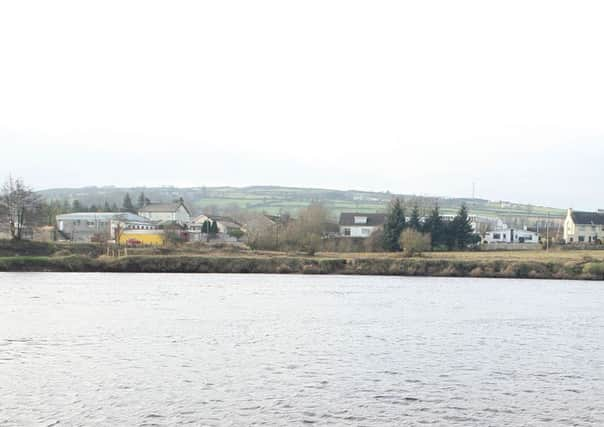Lifford one of towns most exposedto machine job displacement


Frank Crowley and Justin Doran, from University College Cork, have concluded that 53 per cent of jobs in the town are exposed to potential displacement by robots, algorithms and other forms of AI.
In a paper entitled, ‘Automation and Irish Towns: Who’s Most at Risk?’, they report that Lifford is the eighth most at risk town in the whole of the 26 counties.
Advertisement
Hide AdAdvertisement
Hide AdThe economists at UCC’s Spatial and Regional Economics Research Centre suggest that while towns with significant manufacturing bases were vulnerable to automation, economies dependant on agriculture were even more exposed to robots and machines.
“Towns with a greater proportion of employment in agriculture are more susceptible to automation, relative to areas more exposed to manufacturing.
“Surprisingly, places with higher unemployment are less exposed. This may be a signal that some places are already struggling with previous automation disruptions and are in a transition phase and are in effect less exposed to future automation as they are already dealing with past automation disruption,” state Messrs. Crowley and Doran.
Their paper claims that younger people are less exposed to automation than their older counterparts.
Advertisement
Hide AdAdvertisement
Hide AdThey are careful to point out, however, that many young people have already left the border area for good.
“Places with younger populations are also less exposed to automation.
“The most dramatic pattern often described in more peripheral areas is the hallowing out and flight of young talent from more remote areas.
“The Organisation for Economic Co-operation and Development (OECD) previously highlighted that poor graduate retention and consequent brain drain is a particularly problem in the Border Midlands and Western region,” the researchers state.
Advertisement
Hide AdAdvertisement
Hide AdIt’s not all doom and gloom, however, and adaptation is possible.
“Even though many jobs will be automated in agriculture, the ability of towns to leverage from this local knowledge base to create higher added value jobs in related areas will be critical to unlocking untapped potential.
“Agriculture is closely tied to food innovation, tourism innovation and synergies with the creative industries.
“The areas of agri-food innovation, tourism and the creative industries are also less exposed to automation as indicated in our results,” they conclude.